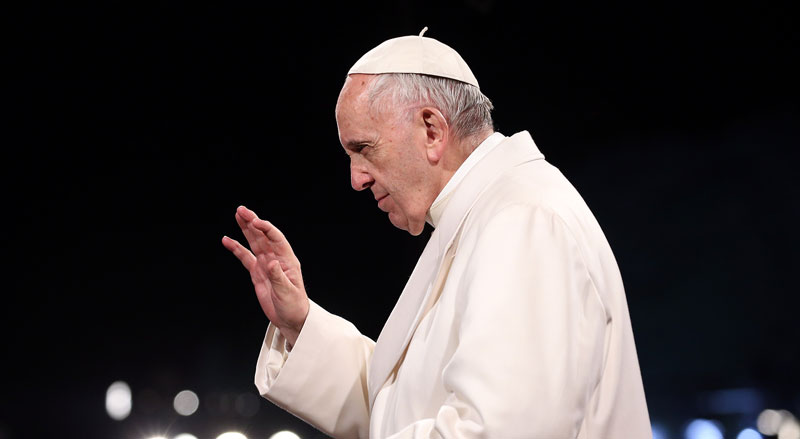Three bouncers, two lawyers and a musician among them, the Ziegler School of Rabbinic Studies class of 2002 brings a new leadership to the Conservative movement this week with the ordination of eight rabbis. From backgrounds as different as the paths on which they are about to embark, together Mark Ankcorn, Micah Caplan, Andrea Haney, Daniel Greyber, Baruch HaLevi, Barry Leff, Eric Rosin and Ranon Teller received ordination on Monday, May 17.
“I’m so proud to be connected to such a diverse and dynamic group of talented leaders,” said Ziegler School Dean Rabbi Bradley Artson, who presented the charge during Monday night’s ordination ceremony.
This is the Ziegler school’s fourth ordination class. Founded in 1995, as the first independent ordaining institution on the West Coast, the school has ordained 38 rabbis (including the class of 2002) and expects student enrollment to hit 70 in fall 2003.
The members of this atypical rabbinical class were not always on a spiritual path. “Only one of us knew we wanted to be a rabbi at age 14,” said Anckorn, a college football player who went on to attend law school. “The rest of us realized much later on that we were searching for something deeper in life,” added the former Orange County deputy district attorney, whose Ziegler classmates included a writer, a world-class swimmer turned ad exec and the president of a telecommunications manufacturing firm.
Though the ordinates’ religious explorations had very different beginnings, their journeys all culminated with the Ziegler School ceremony. The night opened with the Zimryah Chorale’s stirring processional and the acceptance of the Simon Greenberg Award by Rabbi David Lieber, the University of Judaism’s president emeritus.
The ordinates, each sponsored by a chosen faculty member, ascended one at a time to the Sinai Temple bimah. The mentors spoke of their student’s accomplishments and highlighted the unique gift each apprentice will bring to the rabbinate: A sense of justice, a quiet tenderness, unwavering courage, the ability to listen — each ordinate possessed a strength as distinct as his or her past.
But what was once a group of dissimilar individuals stood before Monday night’s beit din as a cohesive and tight-knit unit. All donning the same wine-trimmed talit, the class hugged and cried and celebrated their shared success. “We’ve spent every waking minute together for five years. We shared all the life-cycles: weddings, births, a year in Israel,” said HaLevi, who presented the evening’s shi’ur. “When you spend more time with your classmates than with your wife, you form incredibly special friendships,” he added, noting that his shi’ur was a collective effort, shaped and composed by all eight members of the graduating class.
More than 700 friends, faculty and family members filled the sanctuary, and yet it was the classmates who applauded loudest and beamed proudest for one another. “We each struggled at points, wrestling with a sense of ambivalence, frustration or just sheer exhaustion. But at every stage, it was our classmates, our friends, who got us through,” Anckorn said.
The eight ordinates leave Ziegler on as divergent paths as they arrived. Some of the students have chosen to lead congregations — in British Columbia, Richmond, Va., Arcadia, Calif., St. Louis and Des Moines, Iowa. Haney will make aliyah and continue her education in Jerusalem, Greyber begins a career as director of Camp Ramah in Ojai and Anckorn will return to a full-time law career.
In these tensioned-filled times, Artson sees the ordinates and the unique contributions each will make to the Jewish community as invaluable. “When I look at this row of new rabbis, I see a chain going back to Moses,” he said. “I see a response to our enemy that we will renew ourselves no matter what, and in many different ways.”






















 More news and opinions than at a Shabbat dinner, right in your inbox.
More news and opinions than at a Shabbat dinner, right in your inbox.